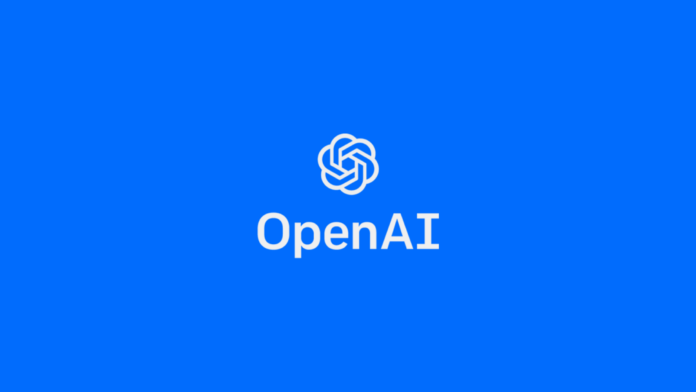In a groundbreaking move, OpenAI, a leading name in artificial intelligence, has unveiled a novel initiative to incorporate public perspectives into the governance of future AI models. This approach is set to revolutionize how AI aligns with human values and societal norms. The company has established a dedicated team, known as the Collective Alignment Team, consisting of seasoned researchers and engineers. Their mission? To devise a robust system for gathering and integrating public feedback into the core of OpenAI’s products and services.
This initiative stems from OpenAI’s unwavering commitment to ensuring that its AI technologies resonate with the broader values of humanity. Recognizing the immense potential and challenges of AI, OpenAI seeks to pioneer a path where public opinion plays a pivotal role in shaping AI’s ethical framework and operational boundaries.
The Collective Alignment Team is the latest addition to OpenAI’s portfolio of innovative projects. It’s an extension of their existing public engagement program launched last May. This program was originally introduced to support experimental projects exploring democratic methods for defining AI governance rules. OpenAI’s vision was to empower a diverse array of individuals, groups, and organizations to develop concepts that could provide insights into AI guardrails and governance structures.
Reflecting on the journey so far, OpenAI highlighted the diverse range of projects funded through this initiative. These projects have explored various domains, from developing video chat interfaces for enhanced interaction to establishing platforms for the crowdsourced auditing of AI models. One of the most notable outcomes has been the development of methods to map public beliefs onto dimensions that can directly influence AI behavior. In a commendable move towards transparency and community engagement, OpenAI has made all the codes and findings from these grantee projects publicly accessible.
While OpenAI maintains that this program operates independently of its commercial interests, this stance has been met with skepticism in some quarters. This skepticism partly arises from contrasting views expressed by key figures like CEO Sam Altman, who has been vocal about the challenges of regulating AI in fast-paced innovation environments. Altman, along with other OpenAI executives, contends that the rapid advancement in AI outpaces the capacity of current regulatory frameworks to effectively manage the
technology. They argue that this gap necessitates innovative approaches like crowdsourcing to manage AI’s impact effectively.
The formation of the Collective Alignment Team is not just a strategic move for OpenAI; it’s a response to the growing scrutiny from regulators worldwide. Recently, the company faced an investigation in the U.K. concerning its partnership with Microsoft. Furthermore, OpenAI has been proactive in addressing regulatory risks in the EU, particularly around data privacy. They’ve leveraged a Dublin-based subsidiary to navigate the complex landscape of privacy regulations in the EU, aiming to mitigate unilateral actions from privacy watchdogs in the bloc.
In a recent development, perhaps aimed at appeasing policymakers, OpenAI announced collaborations with various organizations to limit the potential misuse of its technology in influencing elections. This includes efforts to make AI-generated images more identifiable and developing techniques to trace AI-generated content even after modifications. Such initiatives reflect OpenAI’s commitment to responsible AI use, aligning with societal expectations and ethical standards.
This move by OpenAI sets a new precedent in the AI industry, emphasizing the importance of public participation in shaping the future of AI governance. It acknowledges that the trajectory of AI development shouldn’t be left solely in the hands of technologists or corporations. Instead, it requires a collective effort, involving diverse voices from the public domain, to ensure that AI evolves in a manner that benefits society as a whole.
In conclusion, OpenAI’s latest initiative marks a significant step towards more inclusive and democratic AI governance. By integrating public input into its AI models, OpenAI is not just enhancing the ethical framework of its technologies but also reinforcing its commitment to societal values. This approach could serve as a model for other AI companies, highlighting the importance of public engagement in the rapidly evolving world of artificial intelligence.












